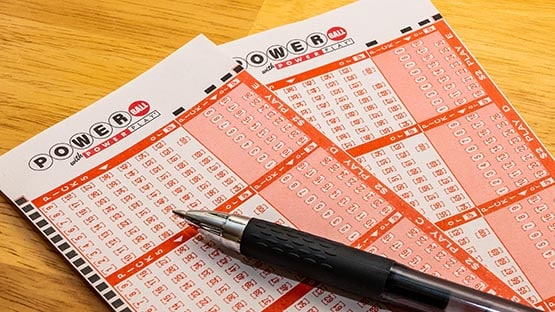
By Paxton Smith and Sylvia Ghazarian
In a few short weeks many of us will return to college or university. As a junior, I know firsthand the time pressures we face. Classes start early in the morning and some don’t end until 10 pm. Not to mention the sleepless nights writing papers and studying for exams. It’s an exciting – but busy time with barely enough time to eat and little time to prepare for the unexpected.
College is not a 9-to-5 job. Our personal lives and our school lives are deeply integrated, with many of us living on campus or walking distance from it, but only a few campuses have 24-hour access stores open for when we have an urgent need. That’s where vending machines come in, providing snacks, sodas, and yes, even contraceptives.
As a college junior, my friends and other students understand that in the quest for broader access to contraception, vending machines have emerged as a progressive and innovative solution, empowering individuals with greater control over their reproductive health choices. As advocates and federal officials champion broader contraceptive access, the presence of vending machines (which are available 24/7) selling Plan B, condoms, and other essential health products like ibuprofen and pregnancy tests is proving to be a critical lifeline, particularly for students facing the dilemma of choosing a college in a state where abortion is banned and/or the college is located in areas that lack access to reproductive health centers – contraceptive desserts.
In recent years, the fight for reproductive rights has reached a pivotal juncture, with state-level restrictions on abortion and limited access to contraception threatening to undermine hard-won advancements. Recognizing the urgent need for proactive measures, advocates have been tirelessly advocating for solutions that provide individuals with the tools to take charge of their reproductive choices. Vending machines, placed strategically on college campuses and in public spaces, have emerged as a discreet and accessible option to meet these needs.
Moreover, vending machines do more than just provide access; they foster a culture of empowerment and destigmatization. Their public placement not only helps elimate barriers to contraceptives, but also prompts a more open dialogue surrounding sexual health. Despite public placement, however, their very nature allows anonymous purchase of reproductive health products because there’s no cashier. Taking unnecessary interaction out of the access equation helps to reduce the shame and embarrassment that some individuals may feel when seeking out these essential items.
There are now 39 universities in 17 states with emergency contraceptive vending machines, and at least 20 more considering them, according to the American Society for Emergency Contraception. We can thank a number of advocates and organizations for that, including Emergency Contraception for Every Campus (EC4EC), a by-student-for-student organization.
Many of the efforts for the vending machines are student led. We understand our needs more than anyone can, and these vending machines not only help meet our access needs, being open at all times and in central locations, but they also help meet our cost needs. The beauty of a school owned and operated vending machine is that the school can choose the price of products. In the vending machines across the country already, emergency contraception is often sold at a fraction of the price of what drug stores would sell it for. If a school chooses not to fund or subsidize the items in the vending machines, students could potentially work with local reproductive health nonprofits to keep the machines stocked with menstrual products, emergency contraception, and hopefully in early 2024 the new over the counter birth control pill. Ideally the school will take up the responsibility for these vending machines, serving as tangible manifestations of an institution’s commitment to its students’ well-being and reproductive health.
It is vital to acknowledge that vending machines alone cannot address the systemic challenges faced by the reproductive rights movement. Broader access to contraception and abortion requires comprehensive policy changes and legislative efforts that extend far beyond college life. Nevertheless, vending machines serve as a practical and impactful step in the right direction, offering immediate assistance to individuals seeking reproductive health products without judgment or obstacles.
To make vending machines a ubiquitous resource, colleges and universities must take the lead in adopting and promoting this initiative. By partnering with reproductive rights organizations and health providers, institutions can ensure that vending machines are well-stocked, easily accessible, and affordable across campuses. Additionally, public awareness campaigns can be launched to dismantle any lingering stigma surrounding the use of vending machines for obtaining contraceptives and other reproductive health products.
Vending machines selling Plan B, condoms, and other health products represent a powerful stride forward in the battle for broader access to contraception and reproductive health choices. As students grapple with the impact of abortion bans in their life, these machines provide a much-needed lifeline of support and empowerment. By advocating for the installation of vending machines on college campuses and beyond, we take a meaningful step towards creating a society where individuals can make informed choices about their reproductive health without unnecessary barriers.
Paxton Smith is a pop musician, abortion rights activist, and a UT Austin college junior. She currently serves on the board of directors at WRRAP. Sylvia Ghazarian is executive director of the Women’s Reproductive Rights Assistance Project (WRRAP) and works with and mentors students.

 Share
Share






